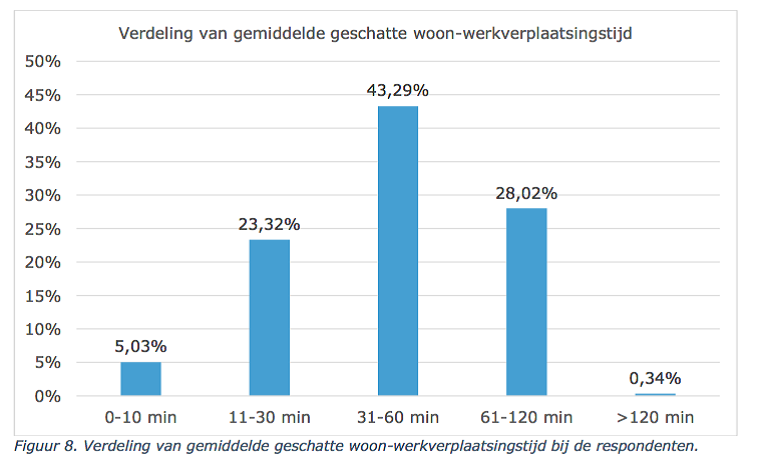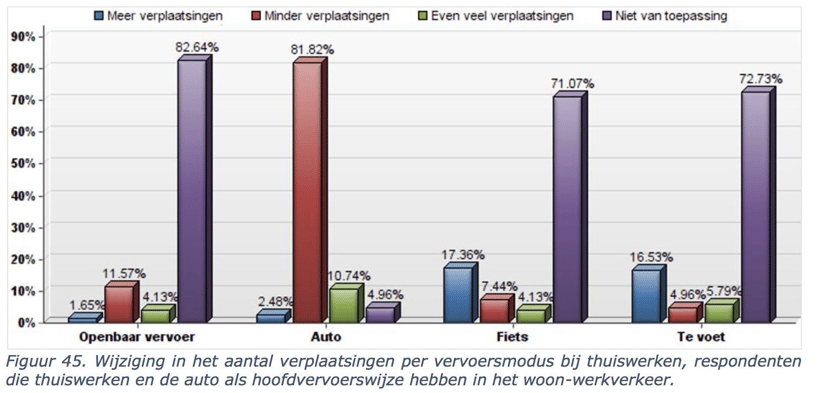
Not enough Flemish people make use of the growing possibilities of working independently of time and location (TPOW). Flexible working can nevertheless contribute significantly to the reduction of structural traffic jams. To further integrate this way of working into businesses, the FIM (Flemish Institute for Mobility) and Flanders Synergy have started the project ICOMflex. The Flemish morning and evening rush are a fixed value while commuting. Even though transport can often be avoided, postponed or shortened, this only happens in dribs and drabs.
ICOM-flexproject
Still, if all of us would utilize flexible working, we could reduce the number of traffic jams. By 2020, ICOMflex could realize a yearly decline of 15000 lost vehicle hours on the Flemish road network. 1 out of 2 Belgians prefers to work from home. Recent studies show that 7 out of 10 Belgians do not want to spend more than one hour getting to work. 1 out of 3 Belgians believe that in time he or she will work from home ,and 1 out of 2 Belgians wants to start doing so now.
On Friday November 25, Antwerp Management School organized a theme day on flexible working and The New Work. On this theme day, the results of the ICOM-flexproject were presented and various faculties of Antwerp Management School gave lectures in the context of sustainable commuting.
Impact of flexible working on mobility
Later in the afternoon, Nicole Van Doninck of the Flemish Institure for Mobility taught us more about the impact of flexible working on the travel behavior of employees. Part of the goal of flexible working is to solve the issues regarding mobility. The research has shown that, in particular, employees who work from home, and usually go to work by car, use the car less often to get around.

The research by FIM showed the following results regarding changes in commuting of employees working from home:
- 45% commutes less, 6% commutes more (but only 1% more km) by using public transportation
- 51% commute less by car, 7% commutes more
Commuters by train:
- 38% commutes less by car
Commuters by car:
- 82% commutes less by car (and more on foot and by bike)
A portion of the research regards achievable models on the exploitation of flexible working places. Read the white paper here (only available in Dutch).


